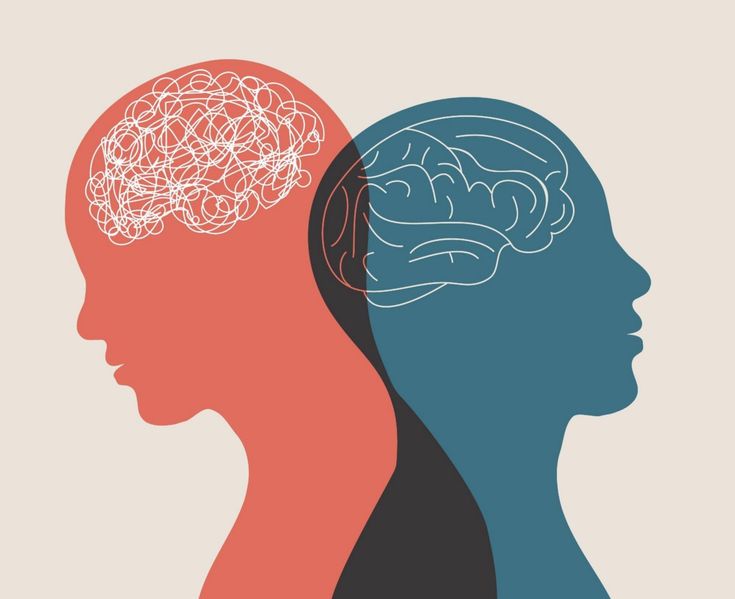- Catherine Maborukoje
- Mental health
- 0 Comments
- 1005 Views
In the tumultuous journey of life, mental health exists as a silent yet formidable force that shapes every facet of human existence. It’s a force often overshadowed by the noise of daily demands, yet its influence is profound and far-reaching. It is on this precipice, we embark on a transformative journey, where the prioritisation of mental health becomes not just a choice, but a guiding principle for leading a fulfilling life.
Throughout history, mental health has been well defined as the absence of illness that borders on a shift in behavioural patterns often boiling down from fitness to feebleness and well-being to ill-being. When a person’s mental health beacons eudaemonia, everyone believes there is stability, harmony, and peace of mind. But beyond all these, mental health’s definition is still not succinct. Matter-of-factly, it is not merely the absence of illness; it’s the bedrock upon which a person’s emotional resilience, psychological well-being, and social connectedness thrive. It’s the lens through which one perceives the world, the compass that guides one’s thoughts, feelings, and actions. Yet, despite its undeniable importance, it remains a facet of individuals’ lives that is often relegated to the periphery.
Stress, that ubiquitous companion of modern living, is the major wheel that drives the flecks. It wreaks havoc and makes balderdash one’s mental well-being. It clouds judgment, saps energy, and erodes capacity for joy, turning every goodie into the surreal taste of bile. It’s a subtle adversary, capable of insinuating itself into every aspect of life and it’s indomitable in all walks of life. From relationships to workplaces; physical health to emotional stability; haughty stress constantly hunts for whom to devour. Moreover, it is a surprising nexus to draw that stress is just one thread in the intricate tapestry of factors that shape an individual’s mental health.
Genetic predispositions, traumatic life events, societal norms, childhood experiences – each exerts its unique influence, weaving a complex fibre of narrative that defines the mental landscape. Yet, within this complexity lies a simplistic opportunity to mine for growth, resilience, and profound transformation, away from alienating factors birthing mental illness.
Mental illness, a paradoxical term for mental health, casts a long shadow over millions worldwide. Last year, it was stated that about one in three Americans experience mental health disorders. For Africa, Nigeria has the highest number of people having mental illness. Out of its over 200 million citizens, 20 percent, crossing 40 million people experience mental illness.
It is on this lateral thought, that mental illness which is often shrouded in silence, stigmatized by misconceptions and fear, should’ve attained its time to dispel the darkness and embrace a new narrative – one of openness, understanding, and compassion.
 Photo by Pinterest
Photo by PinterestLodging to the first step of mental health, self-awareness set the course. The majority of individuals are not aware of their fickling psychology and meandering emotions. Especially, when the deafening voice of depression, makes cacophonous thuds—they always believe it is a normal phenomenon: mood swings. However, this is not always the case. Salvaging a horrendous reign of mental illness lies in recognizing the signs of deteriorating mental health, quickly acknowledging vulnerabilities, and finding the courage to seek support. Whether it’s through therapy, medication, or simply a heartfelt conversation with a trusted confidant, reaching out is an act of courage, resilience, and self-love.
Moving forward, many have asked if mental health holds any weight in human interactions. This, contrastingly, is a $64,000 question as mental health remains the foundation upon which every aspect of human lives rests. It’s the wellspring of cognitive abilities, the cornerstone of physical health, the catalyst for relationships, and the mirror that reflects self-image. By nurturing mental health, one cultivates resilience, maintains positivity, and unlocks the full potential of being.
Worthy of note, having decided on the aforementioned, improving mental health is not a destination; it’s just a pilgrim journey – one of self-discovery, growth, and empowerment. It is as Paulo Coelho, the author of The Alchemist, described the journey of discovering destiny, “the closer one gets… the more that destiny becomes one’s true reason for being.” This encompasses a myriad of approaches, from mindfulness practices to self-care rituals, from therapy sessions to community support networks. It’s about finding what works, embracing that unique journey, and honouring the inherent worth and dignity of every individual.
On this note, let us embark on this journey together – a journey of self-discovery, empowerment, and transformation. Let us prioritize our mental health, not as an afterthought, but as a fundamental aspect of our existence. In doing so, we not only enrich our own lives but create a ripple effect of positivity, resilience, and compassion that reverberates throughout the world.











